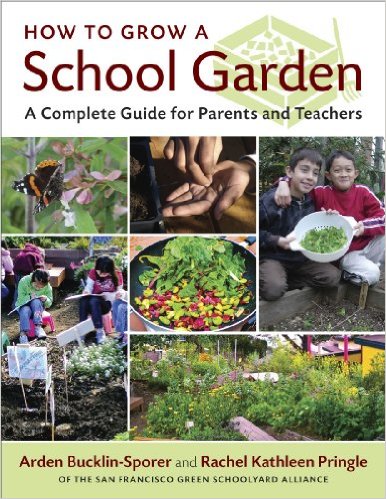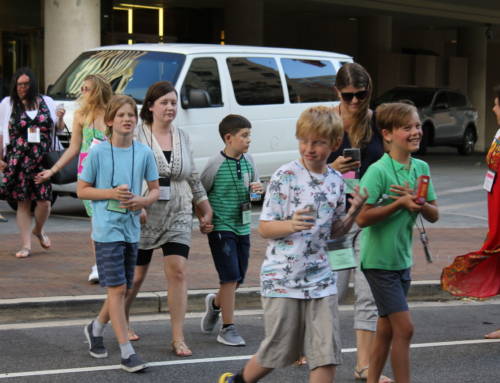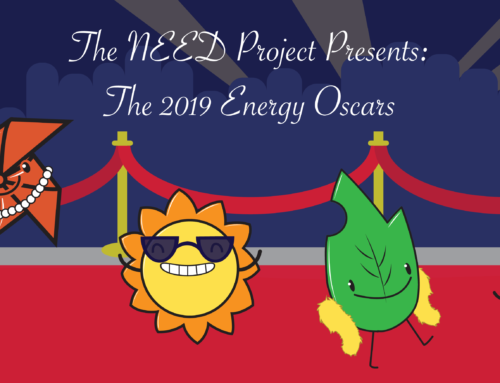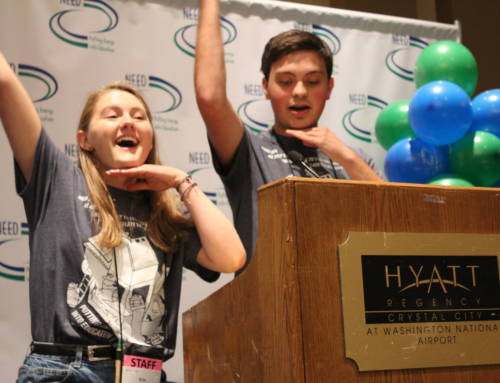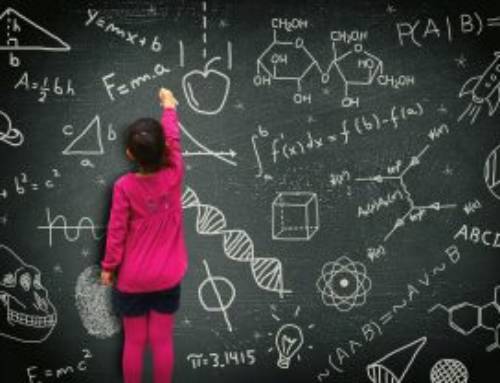Getting kids interested in science can be challenging. The Library of Congress has many online resources available to K-12 educators and their students including lesson plans, reading lists, and more that each relate to a specific topic in science. You can find these resources by visiting https://www.loc.gov/education/. This time we are featuring the list entitled, “School Gardens: A Guide to Selected Resources.” The list can be found by visiting: http://www.loc.gov/rr/scitech/SciRefGuides/schoolgarden.html.
Something on the minds of many is sustainability. How can we continue living the way we like without causing additional harm to the environment and ensure a sustainable future? As we continue to use fossil fuels to provide the bulk of our energy needs, energy sustainability seems to be something we ought to consider more closely. When access to clean water is disrupted for thousands of individuals as has happened in Flint, Michigan, and with large scale droughts in California, we turn our attention to water resources and how we can preserve what we have. And as large, corporate farms grow bigger and bigger, and our food supplies become more homogenous and processed, we start to think about making our food sources more sustainable. Organic foods, whole foods, local foods, and raw foods – these are common terms and concerns for those concerned about their food. Many school communities have begun to include gardening in their science programming as a way to teach more about foods, sustainable practices, and energy while supporting life sciences content. The books and resources listed on “School Gardens” contain inspiration, stories, planning, and resources to help you start your own school garden project.
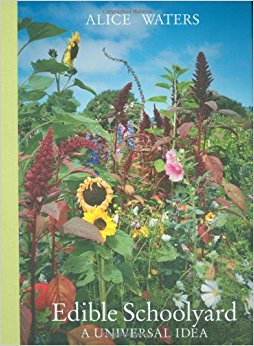
Agriculture is not something readily taught in most schools. It certainly is a part of the discussion in some social studies lessons, and the needs of plants are a paramount part of some science courses. But putting it all together, and understanding agriculture and meeting our food needs, is not a topic seen in most schools. However, one middle school in Berkeley, California, has changed their approach to include food. The concept is Edible Education and includes principles such as “Food is an Academic Subject,” “Schools Support Farms,” and “Children Learn by Doing.” Described with artfully interwoven emotion and good pedagogy, Edible Schoolyard: A Universal Idea by Alice Waters chronicles the evolution of the project she began at Martin Luther King Middle School. The pages are beautifully illustrated with photographs of students in the gardens and kitchen growing, harvesting, and preparing the food their garden has produced. The book is a quick read, and a great source of inspiration to begin your own school agriculture program. 80 pages, ISBN 978-0-8118-6280-6
Once you’ve become inspired to begin your own Edible Education program, you may need resources to help you get started. One excellent book to consider is How to Grow a School Garden: A Complete Guide for Parents and Teachers. Two members of the San Francisco Green Schoolyard Alliance, Arden Bucklin-Sporer and Rachel Kathleen Pringle, are the authors and they have compiled a comprehensive guide to developing a successful school garden project. The book begins by discussing why school gardens are a good idea, and continues to address gathering support, planning, fundraising, the actual gardening itself, and how to incorporate all of these into your regular classroom lessons and standards. This book has the appearance of a standard classroom textbook, with headings, sub-headings, and sidebar text in the margins. This is more a book for adults, but older students would be more than capable of reading and understanding its content. 223 pages including index, ISBN-13 978-1-60469-000-2
However, you frame your lessons on sustainability, we know that you will find these resources on school gardens helpful. NEED’s energy efficiency and conservation curriculum units make great connection pieces to a gardening unit, or are great stand-alone pieces to address energy sustainability. Be sure to check out https://www.need.org/energyefficiency for more information. Sustainability is not just a concept for the future; it is a principle we need to teach our kids today. After all, aren’t they our future?
